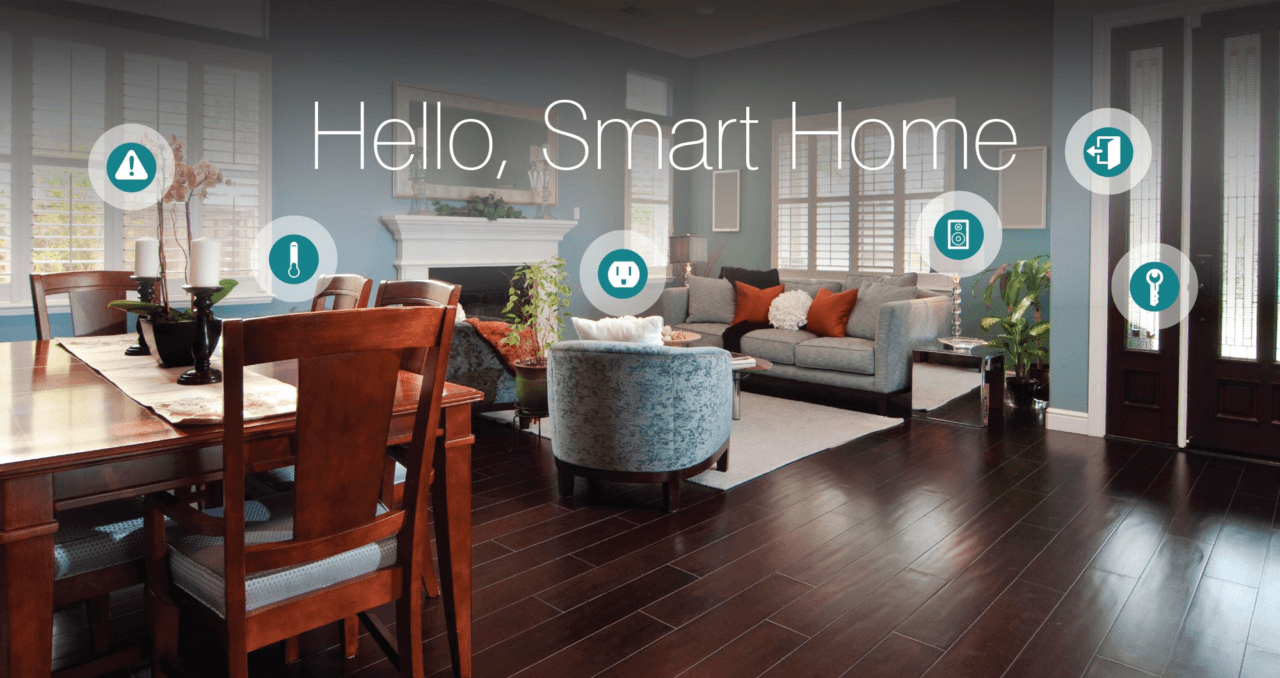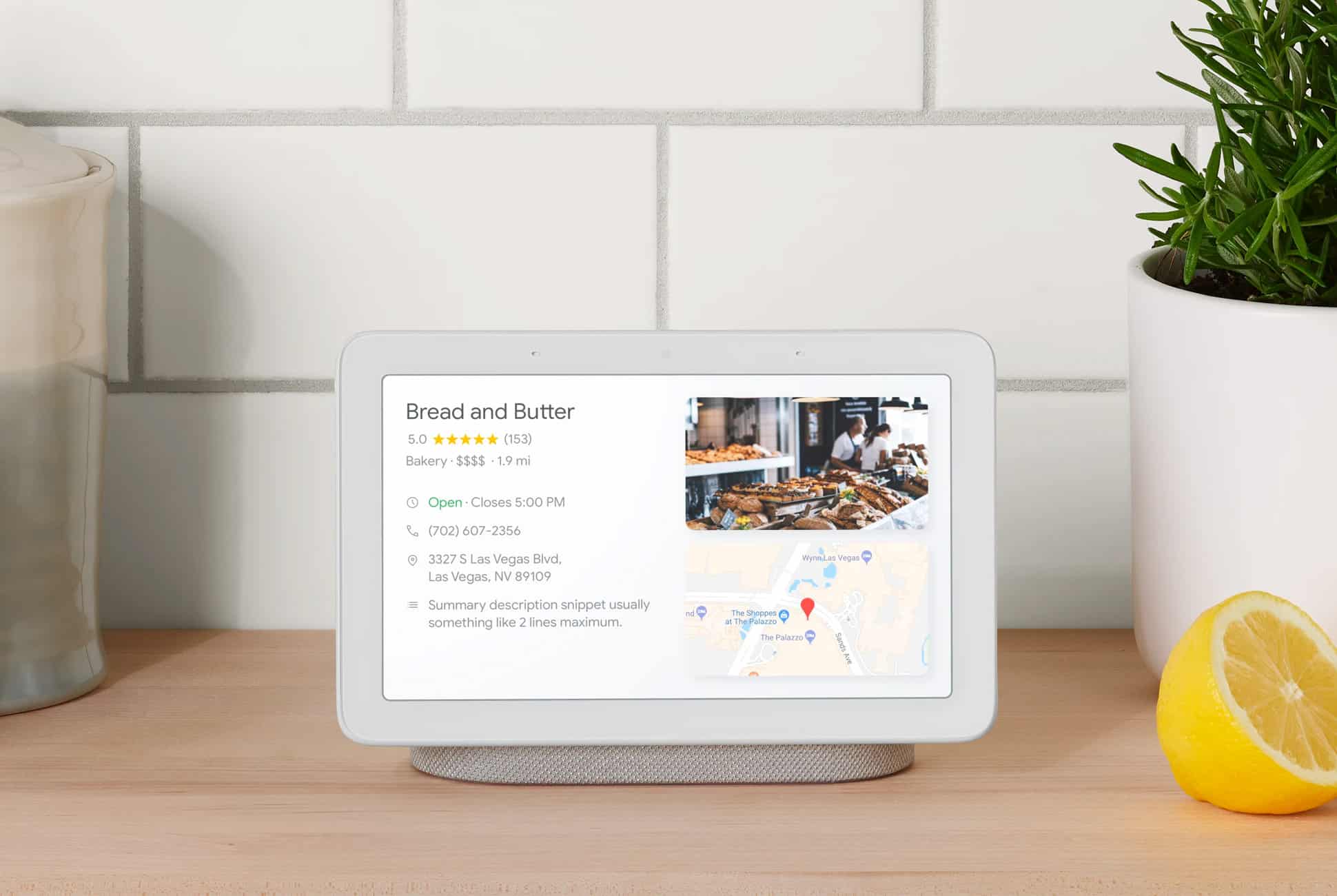Our Thoughts
Inviting Intelligence How brands can thrive in the smart home era
There is an old adage about vampires: they can’t come in unless they’re invited. Well, everyday consumers are inviting tech into their homes despite increasing misgivings about security and data-safety. Read on for our top tips on how brands can be very welcome smart-home partners, rather than regrettable blood-suckers…

The connected home affords consumers and brands the opportunity to revolutionise the way we live. Our homes have begun to work for us, offering participatory assistance beyond four walls and a front door. However, the truism about connectedness is especially relevant in a connected home context: any chain is only as strong as its weakest link. Consumers are increasingly weary of the vulnerability that a connected home represents- their personal data can be shared, misused or even abused. Brands need to be trusted in order to be allowed into the home – and to do this, they need to cultivate a deep understanding of what trust looks like in an increasingly connected culture.
With this in mind, we have put together 3 key principles for future-facing brands to ground their offers in:

Human Touch: Devices in the home need to enable and enhance our sense of human connection, by functioning as benevolent and empathetic partners that allow your home to work with you.

Giving Back: Truly smart homes empower truly smart consumers to be responsible and ethical. This means going beyond saving on utility bills, towards saving the planet, reducing your carbon footprint and recouping energy to feedback into the grid.

Building Trust: Trust, in today’s culture, goes beyond a signature on the data protection act – longwinded, mandatory legal articles are not enough to inspire trust in a brand anymore. Instead, building trust is about a dual process of offering secure features and, crucially, communicating these features in a transparent and culturally relevant way to consumers.
Overall, smart homes offer brands and consumers fantastic opportunities to work together towards greater domestic harmony, environmental accountability and beyond. But in order to gain access to the consumer’s most personal sphere – the home – brands can’t make consumers feel like suckers inviting vampires in. Only through culturally relevant messaging can brands ensure that they retain and build consumer trust, by making their intelligence inviting.
